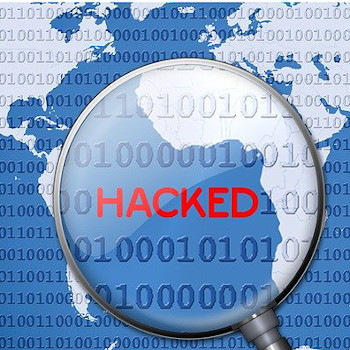
The study is frightening: in the last two years, 81% of German companies were affected by cyber incidents. More than half even twice. 58% of those affected therefore want to invest more in cybersecurity.
According to the current Kaspersky study, more than three quarters (81 percent) of IT security experts complained about at least one IT security incident in the past two years, and 65 percent complained about at least two. Almost half (45 percent) of these were classified as “serious” and 16 percent as “very serious”.
Reasons for cyber incidents
According to the IT security experts, a lack of necessary threat detection tools (12 percent) and a lack of internal IT security staff (16 percent) are responsible for the cyber incidents. To address these challenges, they want to acquire additional tools for more effective cybersecurity management (38 percent) and implement threat detection and prevention protocols (36 percent). Furthermore:
- Should more investment be made in cybersecurity in general (35 percent)
- Employees are offered more training (35 percent)
- more external specialists are involved (33 percent).
Furthermore, almost half (43 percent) plan to invest in outsourcing their cybersecurity in the next year and a half. A quarter (24 percent) would like to use professional external services for this, while 22 percent intend to outsource cybersecurity to MSP/MSSP.
Automation is one of the most important measures against cyber incidents
The automation of cybersecurity processes is also increasingly playing a role for companies. Almost half of companies in Germany (52 percent) have concrete plans to implement software that automatically manages their cybersecurity. Another 16 percent are discussing the introduction of such a solution.
“One of the most important measures that companies struggling with talent shortages and overwork can focus on is automation and outsourcing of cybersecurity tasks,” explains Ivan Vassunov, VP Corporate Products at Kaspersky. “Relying on external experts – whether through outsourcing to manage the entire cybersecurity system or by taking on expert-level services to support the IT security department – is the optimal solution for many.
Outsourcing to MSP and MSSP
Cybersecurity providers, MSPs and MSSPs are those who have relevant expertise and all the necessary tools and can provide effective cybersecurity management for customers of all sizes. They also offer a variety of services, such as managed detection and response services, in which SOC experts carry out continuous monitoring, or support in emergencies, for example when investigating a specific cyber incident.
Automation tools provided by cybersecurity vendors are another way a company can strengthen its cybersecurity. These include, for example, XDR and MDR solutions that enable easy automation using investigation and response playbooks and embedded AI, enabling customers and partners to largely automate their information security processes. With the offerings provided by experts, each company can determine the scope of services required based on cybersecurity gaps or desired development direction.”
Directly to the report on Kaspersky.de
About Kaspersky Kaspersky is an international cybersecurity company founded in 1997. Kaspersky's in-depth threat intelligence and security expertise serve as the basis for innovative security solutions and services to protect companies, critical infrastructures, governments and private users worldwide. The company's comprehensive security portfolio includes leading endpoint protection as well as a range of specialized security solutions and services to defend against complex and evolving cyber threats. Kaspersky technologies protect over 400 million users and 250.000 corporate customers. More information about Kaspersky can be found at www.kaspersky.com/
